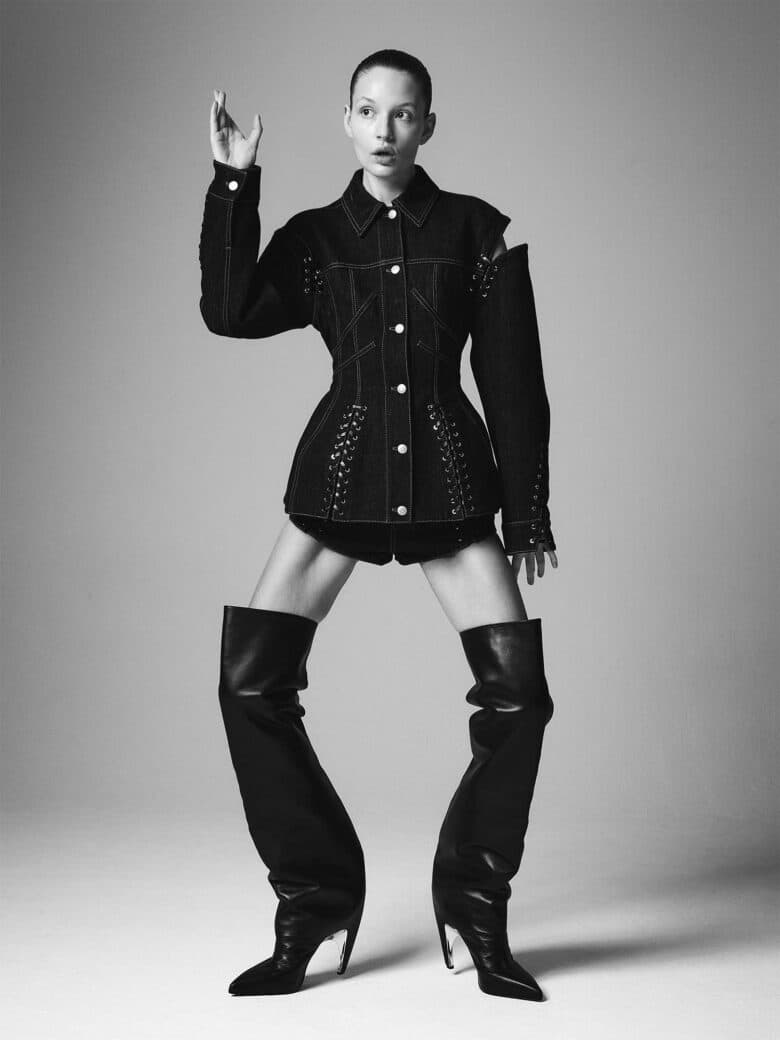Honouring 60 years of Daido Moriyama’s seminal street photography
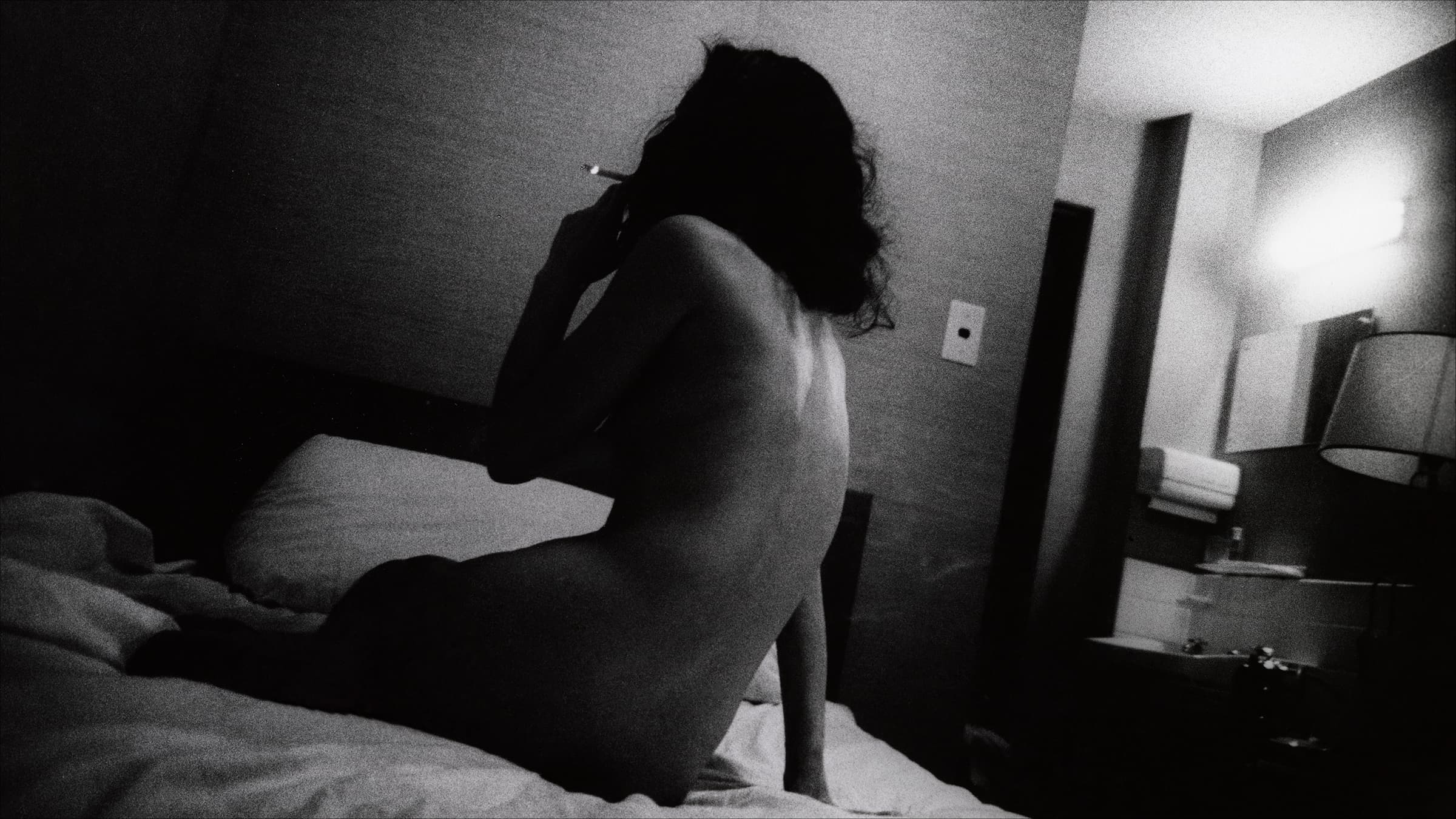
For over 60 years, Japanese photographer Daido Moriyama has documented the streets of his home country through an unfiltered lens, producing images that distort reality through their unnerving, raw, and grainy aesthetic.
Now, The Photographers’ Gallery in London is hosting the first UK retrospective on the seminal photographer. Titled Daido Moriyama: A Retrospective, the show features over 200 images and installations from varying periods across his career. For the first time in the museum’s 52-year history, the entire gallery will be occupied, including each of the gallery spaces, ground-floor cafe, and basement and book shops.
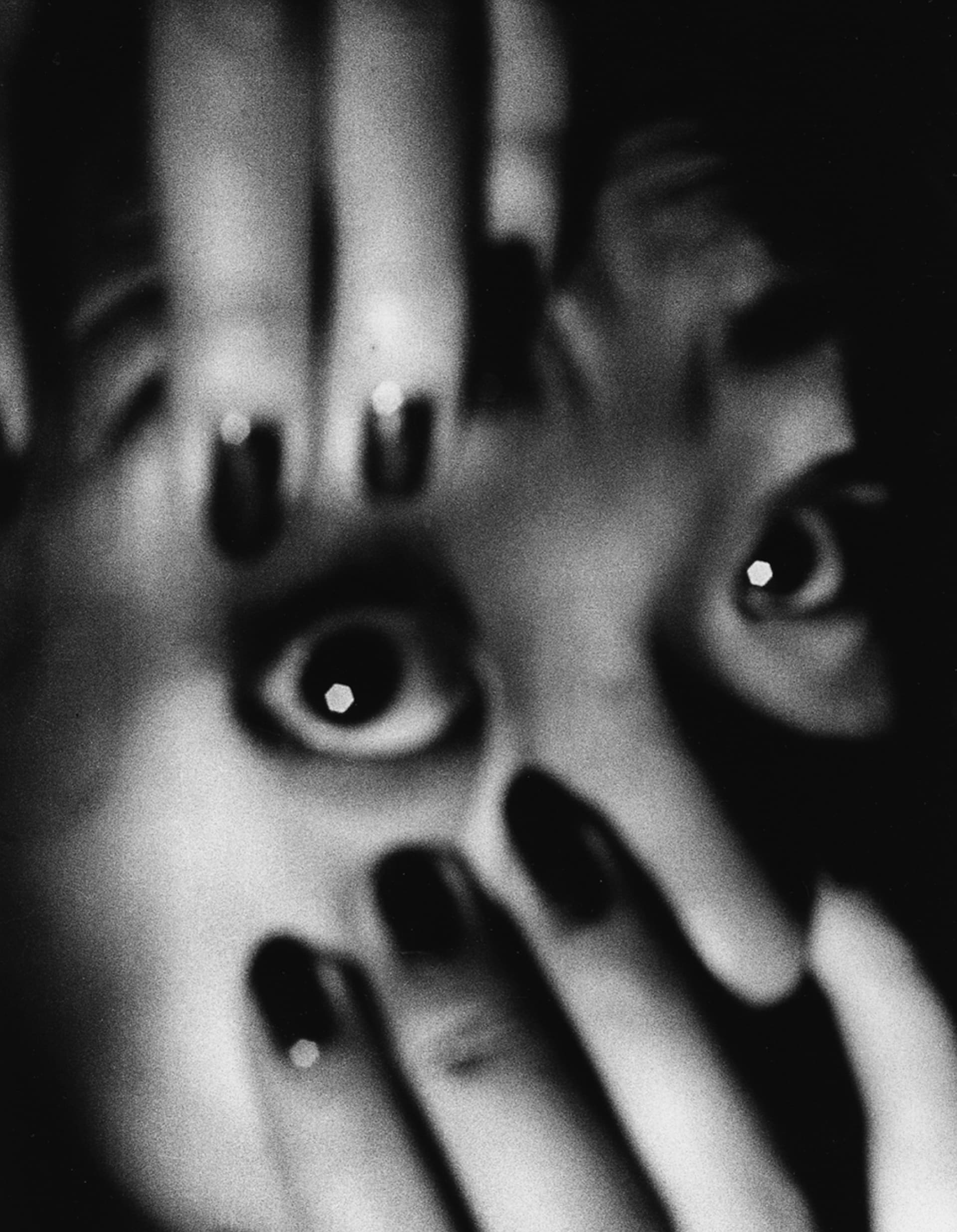
Presented in two phases of Moriyama’s career, the retrospective begins with the photographer’s early work for Japanese magazines, his challenging of photojournalism, experimentation in Provoke magazine and the conceptual radicalisation of his photobook Farewell Photography (1972). During this period, he established his unique aesthetic, famously known as “are, buke, boke” (meaning “grainy, blurry and out of focus”).
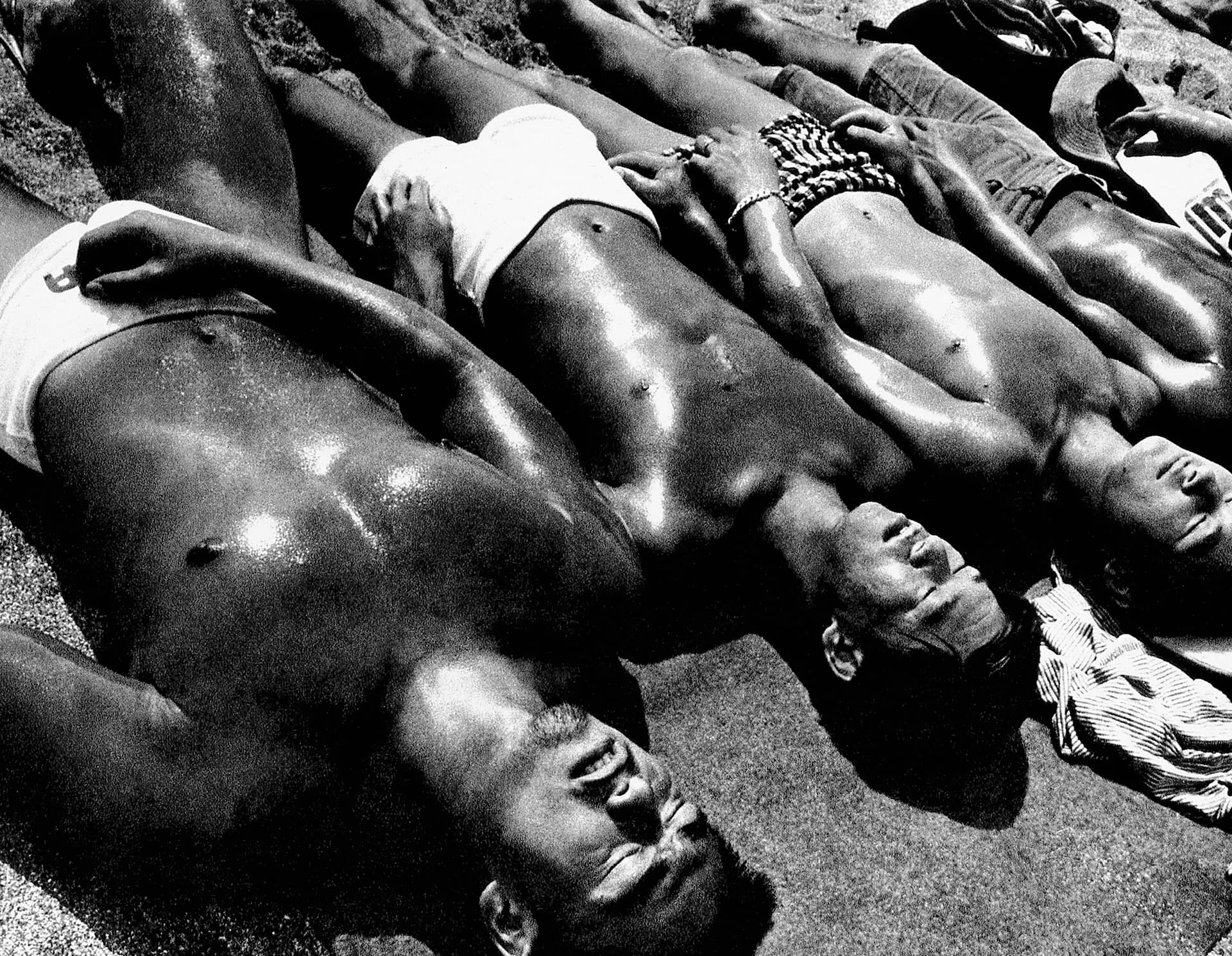
The second part of the exhibition begins in the 1980s, a key period of Moriyama’s career when he managed to overcome a creative and personal crisis. In the years to come, he explored the essence of photography and of his own self, developing evocative imagery that would reflect on memory, reality and history.
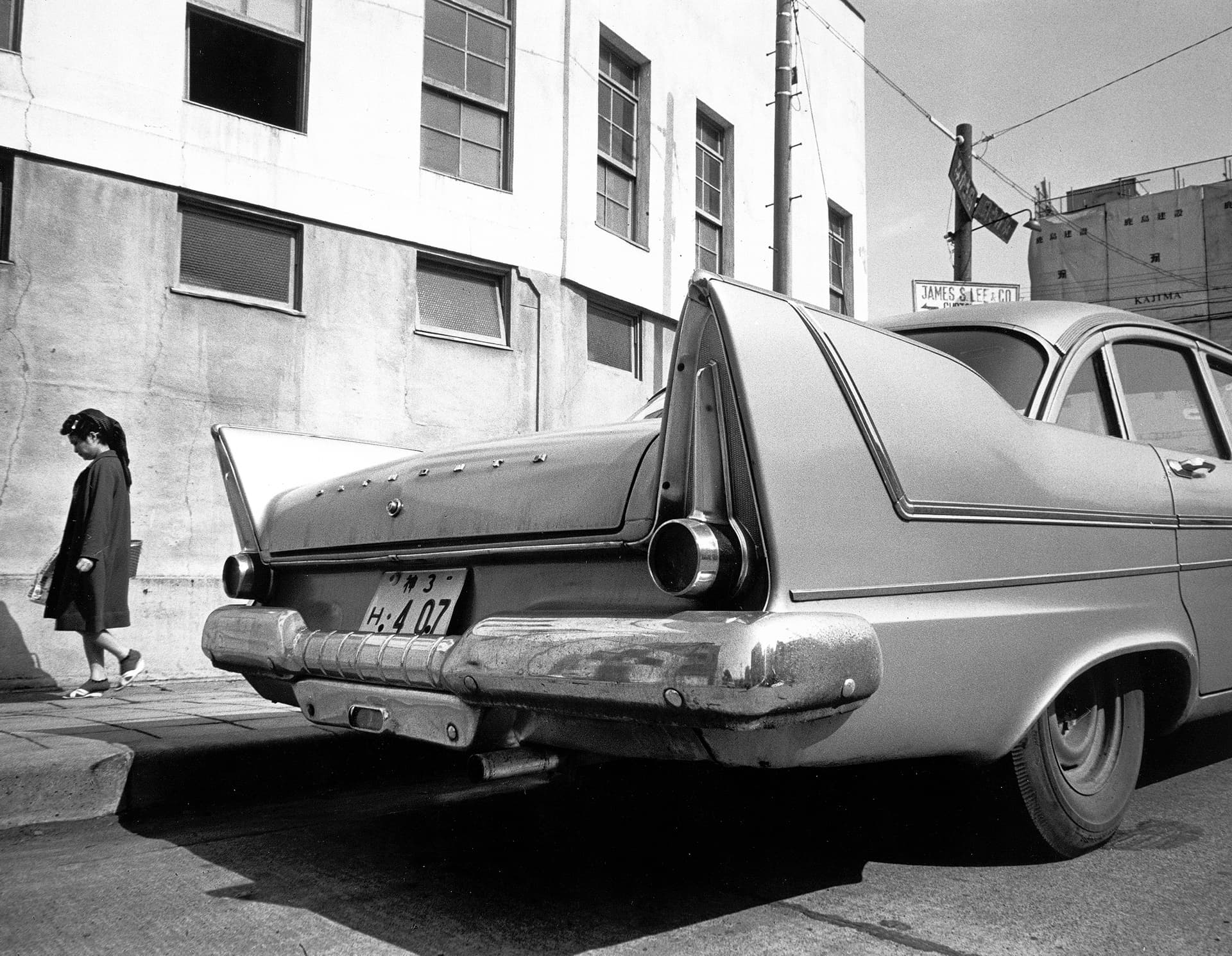
Throughout his career, Moriyama has always looked to democratise the industry through his unpretentious approach, using the most accessible cameras and film while investigating the culture of celebrity, sensationalism, corruption and other pertinent issues in Japanese society.
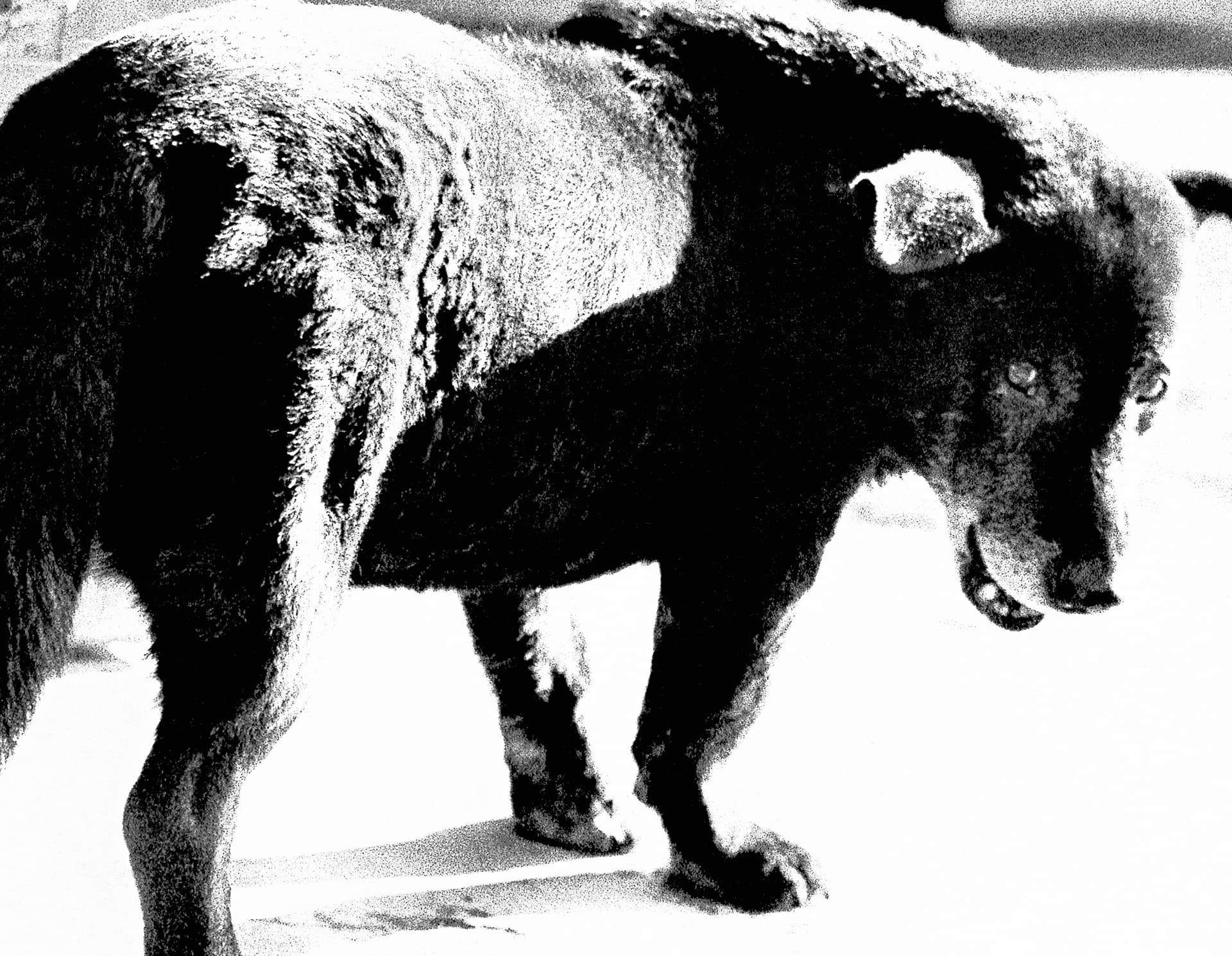
“Forget everything you’ve learned on the subject of photography for the moment, and just shoot,” Moriyama says of his art. “Take photographs of anything and everything, whatever catches your eye. Don’t pause to think.”
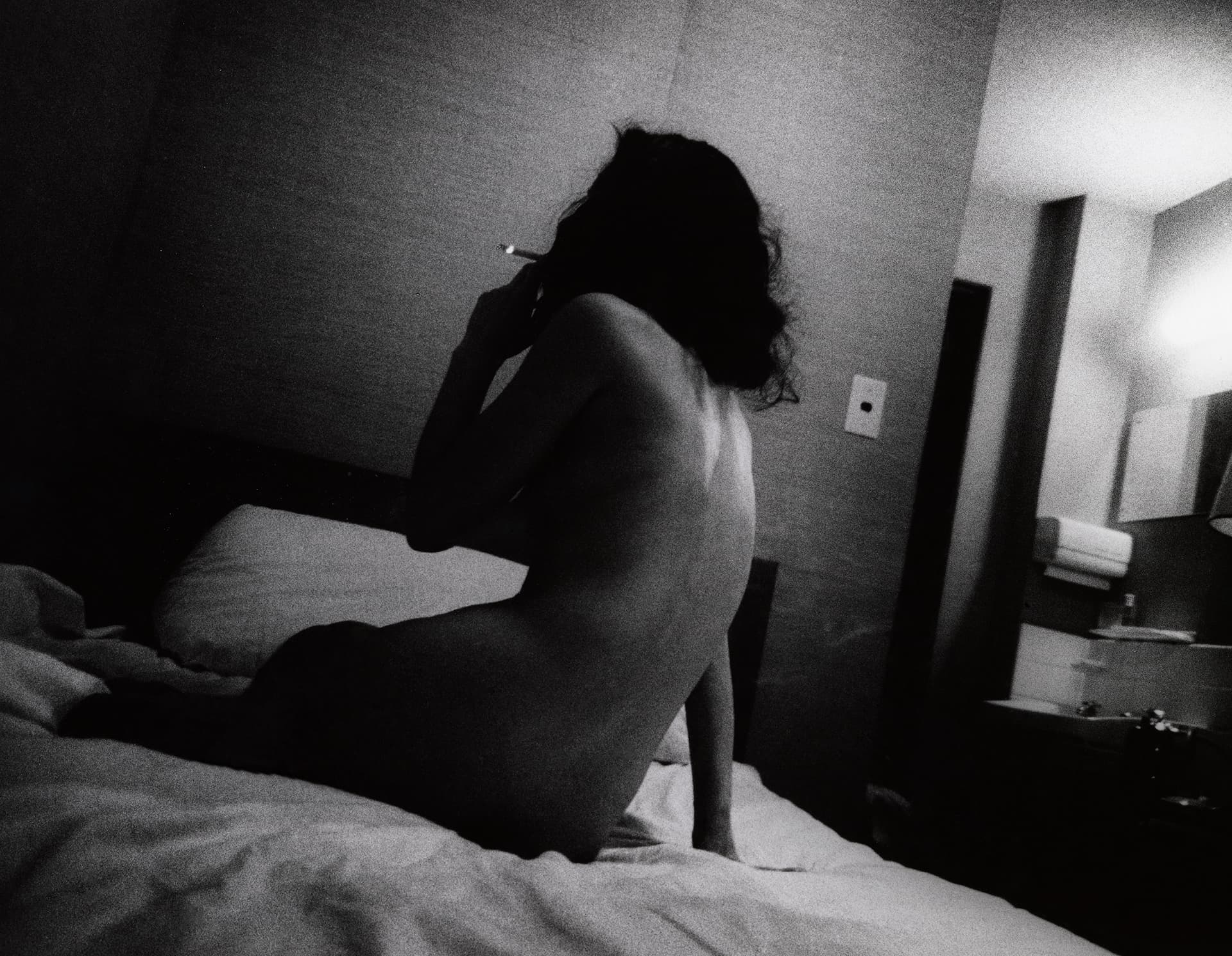
The exhibition opened earlier this month and will be on view until February 11th 2024 – tickets are available to purchase here.
